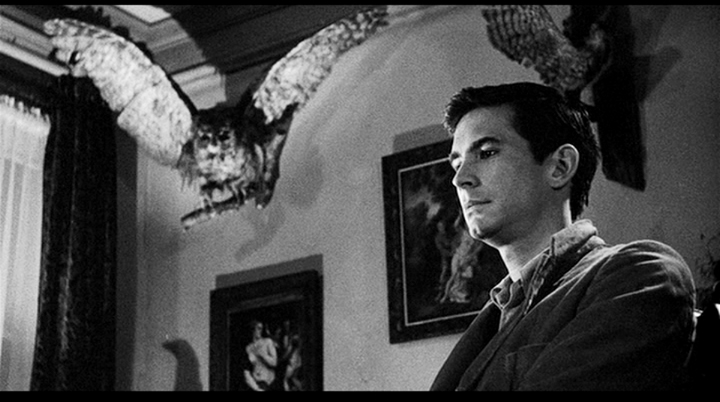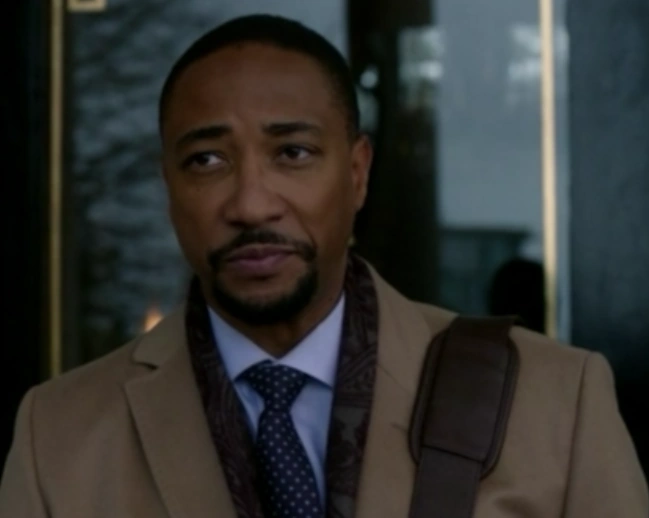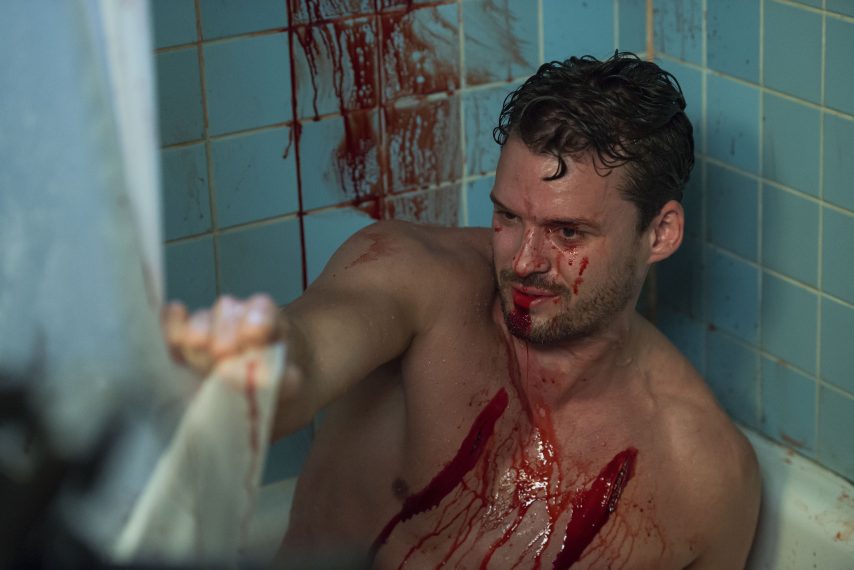I start my review for the 1998 remake of 1960's Psycho by dispelling something that is usually reported when talking about this version. Psycho is not a shot-for-shot remake of the original film. It has moments that resemble it. It follows the basic plot of the original. It also is pretty much impossible to separate this version with what came before. Ignoring as much as one can the original version from this remake, I think Psycho would have failed on its own separate from any comparisons.
Marion Crane (Anne Heche) impulsively steals $400,000 from her employer in a wildly misguided effort to help her lover, Sam Loomis (Viggo Mortensen). Fleeing Phoenix, Marion drives to Sam, unaware of her actions. She exchanges cars and eventually lands at the Bates Motel. The hotel's proprietor, Norman Bates (Vince Vaughn) seems pleasant. However, he also spies on Marion, performing an auto-erotic exercise to her various stages of undress. Marion opts to take a shower, where a wigged-out woman slashes her to death.
With Marion disappeared and no one knowing where she is, her sister Lina (Julianne Moore) goes to Sam to see if he knows anything about Marion's disappearance. Also investigating the missing Marion is a private detective, Milton Arbogast (William H. Macy). Where is Marion? Does the mysterious old woman at the Bates Motel know anything about the disappearance? With Arbogast himself now missing, it is up to Lila and Sam to go to the Bates Motel and uncover a shocking secret.
It is pretty much impossible for people aware of the original film to separate themselves from this remake. As someone who has seen the original Psycho many times, I do not know if I can. Given how the 1998 version claimed or was advertised as a "shot-for-shot" remake, I do not know if director Gus Van Sant wants those of us who have seen the 1960 Psycho to not remember it while watching his version.
Let me see if I can try. At least I gave Psycho a fair chance. Unfortunately, this Psycho is not good separate from how well or poorly it compares to the original.
I think most of the actors tried their best to give good performances. I would argue that none of them actually gave a good performance. Any judgment of how good or bad a particular actor in Psycho is has to be judged on a sliding scale. At the bottom of the list are Rita Wilson as Caroline, Marion's bitchy coworker. One can put aside how she was too old to play a blushing newlywed who needed tranquilizers for her recent wedding. Wilson's Caroline came across as more obnoxious if not downright cruel to Marion. I literally cringed in Wilson's only scene, watching her struggle to figure out what kind of person Caroline was meant to be.
Future Oscar winner Julianne Moore was comical as this super-tough sister. I literally howled with laughter when she defiantly told the weak-willed Sam "Let me get my Walkman," as they went to the sheriff for help. Moore's efforts to be some sort of kick-ass character, down to literally taking Norman down, were far too forced to be believable. Long before "girl boss" became a thing, Psycho attempted to make Moore's Lila into some tough chick with hilarious results. Perhaps she was just angry that her agent got her into this project.
Not much better was Mortensen as Sam. He adopted this very strange vaguely Southern twang that I think was meant to showcase how dim Sam was. Just as Moore predated "girl boss", Mortensen was a himbo before the term existed. He was fine with Heche in their one scene together. Unfortunately, Mortensen was paired with Moore for the rest of the film, and that made for some bad viewing.
I do not know if Macy was directed to think of Arbogast as a slightly more comic character. His final scene, which does come close to matching the original, was ultimately hilarious. You would have to be laughing at how bad it looks. While it does as I stated come close to matching the original's version of Arbogast's fate, the odd clips of women in vaguely dominatrix clothes and cows seems out of some loony spoof.
Heche, while not the best performance, I think made a sincere effort to make Marion sympathetic in her plight. She did seem ill at ease with Vaughn's Norman. As that was how the character probably would have been, at least initially, I cut her some slack.
Vince Vaughn is in a class of his own as Norman Bates. I think he tried too hard to be that mix of innocent and menacing. His greatest difficulty is in having anyone think that someone so physically imposing (Vaugh is 6'5") could be intimidated or made to cower by the likes of the 5'9" Macy or 5'11" Mortensen. It is not completely impossible for a very tall man to be afraid of a much shorter man. It just seems a wild stretch that the 5'3" Moore could easily defeat a man over a foot taller, even if he was wearing a dress and hilariously ill-fitting wig.
Putting aside the height issue, Vaughn was trying to force us to believe that he was scary. He was not. He can be, but here he simply is more bumbling than dangerous. He does not come across as creepy or dangerous. Instead, his Norman Bates is inept. It does not help matter that you see and hear him get physically active at seen a naked woman, complete with the heavy breathing.
It is genuinely hard to know if Psycho was going for something serious or a spoof when we get to the shower scene. If the original had not existed, the shower scene would have had people laughing. There is no tension or suspense or shock when Marion gets iced. You see a very unconvincing drag queen (or at least someone with a terrible wig) take various slicing movements at a woman while we get random shots of clouds. There is nothing in this scene: no sense of tragedy, no sense of horror, no sense of terror. You maybe get a sense of humor.
It is a bad sign when Red Hot Chili Peppers bassist Flea gives a better performance as Sam's employee Bob than some legitimately great actors.
About the only good things that I found in Psycho were Robert Forster in his brief role of a psychiatrist and some good shots. The opening scene where we go from a bird's eye view of Phoenix to the hotel room where Marion and Sam had finished their tryst was quite smooth.
Psycho has no reason for being. It is not scary. It is not interesting. I do not know if it being funny was what anyone involved in it was going for. Some remakes manage to surpass the original. Some are forgotten. This remake does not surpass the original, but it will not be forgotten. I expect that it will be shown to future film school students in the "What Not to Do When Making a Remake" class.
PSYCHO MOVIES AND TELEVISION







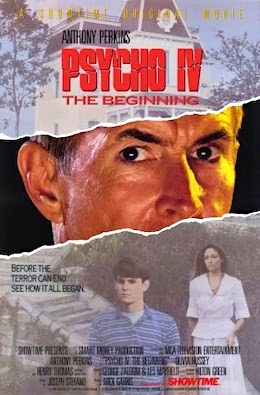






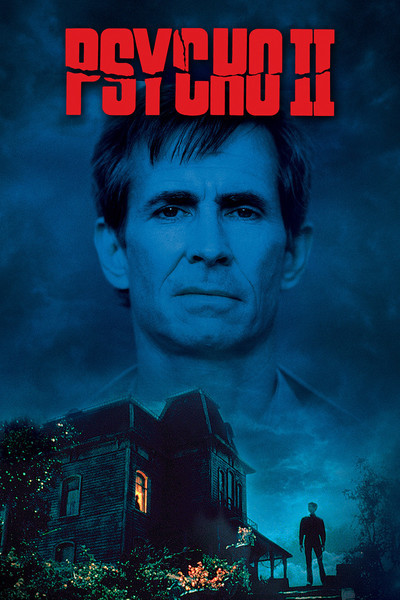







_theatrical_poster_(retouched).jpg)

